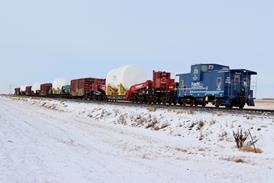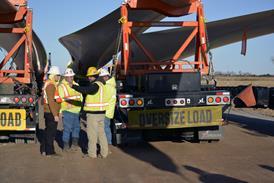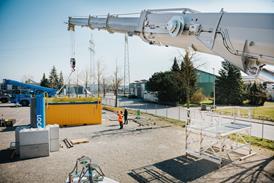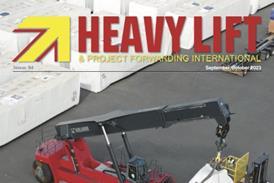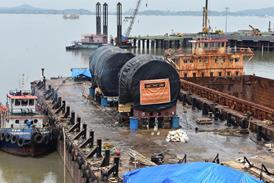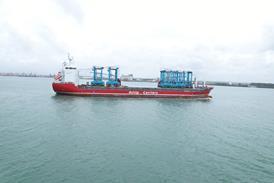June 22 - In the first major consolidation in the oil services sector since the disaster in the Gulf of Mexico raised concerns of a regulatory clampdown on deepwater drilling activity, Acergy and Subsea 7 have agreed a USD5.4 billion merger.
Under the merger, the Subsea 7 name will be retained and the two companies said that it would create a "global leader" in seabed engineering and construction with a geographical reach across six continents.
The Boards of both companies believe that the combined entity will be better able to meet the growing size and technical complexity of subsea projects, driven by the demand to access ever more remote reserves in increasingly harsh environments. The combination will create a global leader in seabed-to-surface engineering and construction able to provide clients a step-change in service offering. This includes engineering, procurement, installation and commissioning services for Subsea Umbilical, Riser and Flowline projects (SURF), Conventional field development and Life-of-Field services (including Inspection, Repair and Maintenance, Survey and Decommissioning).
The new entity will provide access to a high-end, well diversified fleet, comprising in aggregate 43 vessels that will allow more flexibility to optimise fleet schedules. It will also be able to offer clients a greater depth of project management, engineering, technical expertise and high-value technologies.
Acergy's chief executive Jean Cahuzac said that the merger had not been triggered by the BP spill, but that a bigger company would be better suited to dealing with regulatory changes.
Cahuzac indicated that deepwater activity worldwide clearly remains, in spite of this tragic accident, the area where international oil companies will concentrate in the future.
The incident has given the industry much to think about and it will mean risk assessment will be most likely even more stringent as projects become larger and more complex.
Market analysts have said that the impact of the Gulf of Mexico oil spill on global drilling activity is likely to hasten the need for larger and more diversified oil services companies. What the impact of this on the shipping companies and project forwarders which serve them remains to be seen.
Both companies' boards of directors have unanimously recommended the merger to their shareholders, which is expected to be completed by the end of 2010 or the first quarter of 2011.

